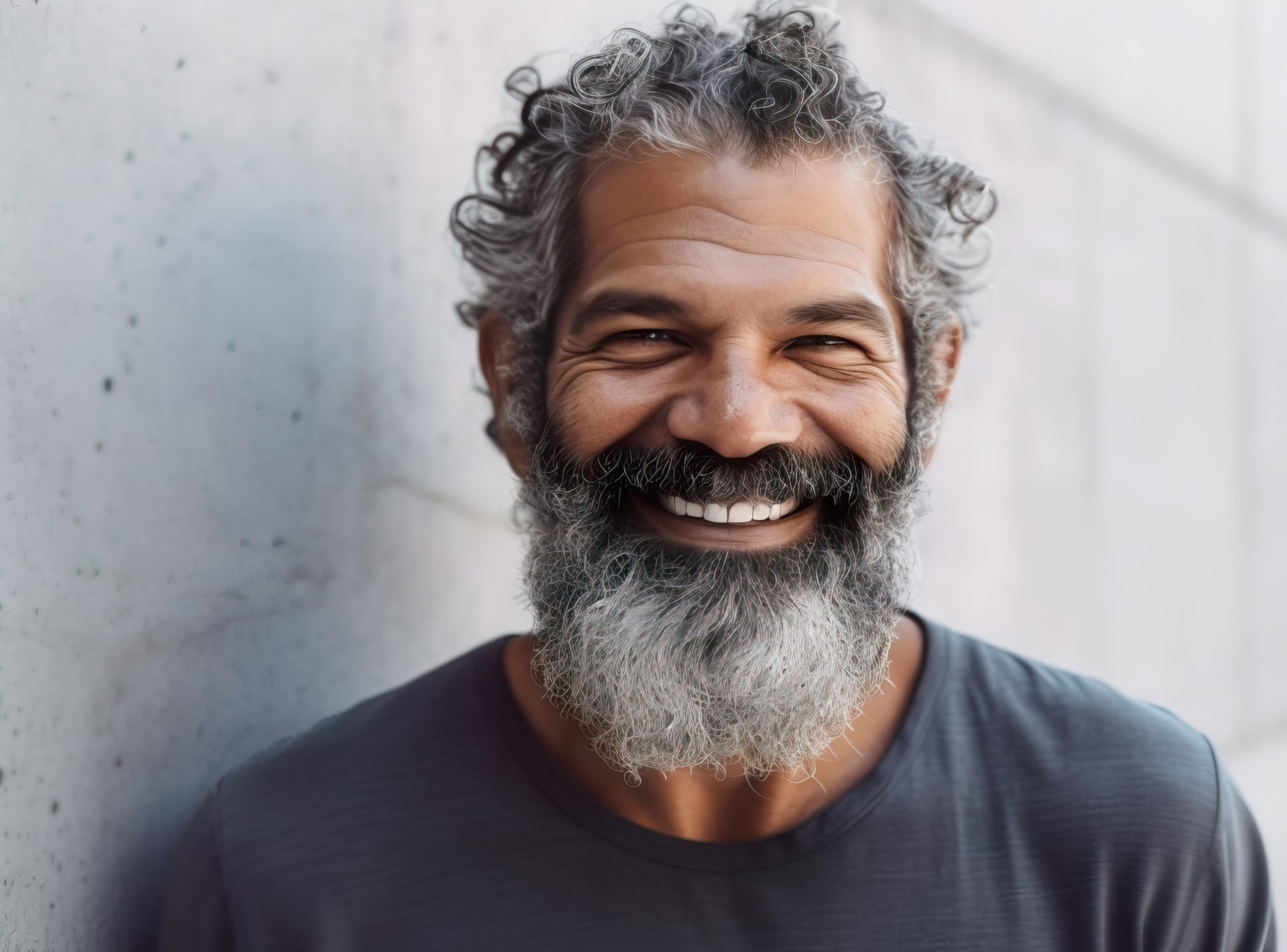An Australian study has shown that mRNA vaccination produced a highly effective immune response in First Nations people.
An Australian study has shown that mRNA vaccination produced a highly effective immune response in First Nations people.
Published 23 May 2023 in Nature Immunology and Nature Briefing, the research Researchers from the Doherty Institute and the Menzies School of Health Research was the first of its kind to decisively map the immune responses produced by a COVID vaccination in any First Nations population.
COVID vaccination was considered a first line of defence for many communities during the pandemic and lead author and PhD candidate at the Doherty Institute, Mr Wuji Zhang, said the research provided robust evidence that mRNA vaccination triggered an effective immune response against the virus in First Nations peoples.
“We found excellent antibody and T cell responses against SARS-CoV-2 in Australian First Nations peoples following vaccination, with high levels of antibodies binding to the virus following two vaccine doses,” Mr Zhang said.
“T cells against the spike protein, which often recognise small sections of the virus and are similar across different variants, were also seen in higher numbers and showed ‘memory signatures’ following vaccination.”
University of Melbourne Professor Katherine Kedzierska, a laboratory head at the Doherty Institute, highlighted that while COVID vaccination elicited a similar response across all nationalities, First Nations peoples were already deeply impacted by a wide range of health complications.
“Like other studies on non-Indigenous cohorts, antibody responses against the COVID variants Delta and Omicron were lower compared to the ancestral strain but were substantially increased following the booster vaccine dose,” Professor Kedzierska said.
“While the results of the study are encouraging, it also showed that antibody responses are highly affected by comorbidities in Indigenous populations, especially diabetes and renal disease.”
According to the latest data from the ABS, 46% of Aboriginal and Torres Strait Islanders nationally – and 39.8% in WA – were impacted by at least one chronic condition that posed a significant health problem in 2018–19.
Associate Professor Jane Davies of Menzies School of Health Research noted that their results confirmed the effectiveness of vaccination for Indigenous populations and supported its use globally.
“Our research should further encourage First Nations communities around the world to get vaccinated and boosted,” he said.
Here in WA, the State Government and mining companies were forced to get involved to help lift the vaccination rates for communities in regional areas – even though the Federal Government was responsible for the vaccination program.
According to the latest COVID vaccine rollout information, as of September 2022, WA’s overall vaccination rate for third doses was 83.2%, yet just 66% of First Nations people had achieved the same status.
The lowest rate of triple COVID vaccination was in the Southern outback, at just 62.4%., with Perth’s CBD achieving 74.9% thanks to the wide range of programs available.
However, these figures may still have overestimated the real vaccination rate, given the last report on Indigenous Individuals in Local Government Areas of Interest (27 July 2022), showed that only 54.4% of Indigenous people in Derby – one of the top five LGSs with the greatest proportion of First Nations people – had received their second shot, with a similar percentage (57.7%) achieved in the Goldfields.
The Government has advised GPs to reach out to their Aboriginal patients, and their parents/carers, and offer to book vaccination appointments for all eligible family members, using a culturally appropriate SMS or phone call, with a reminder if needed.


